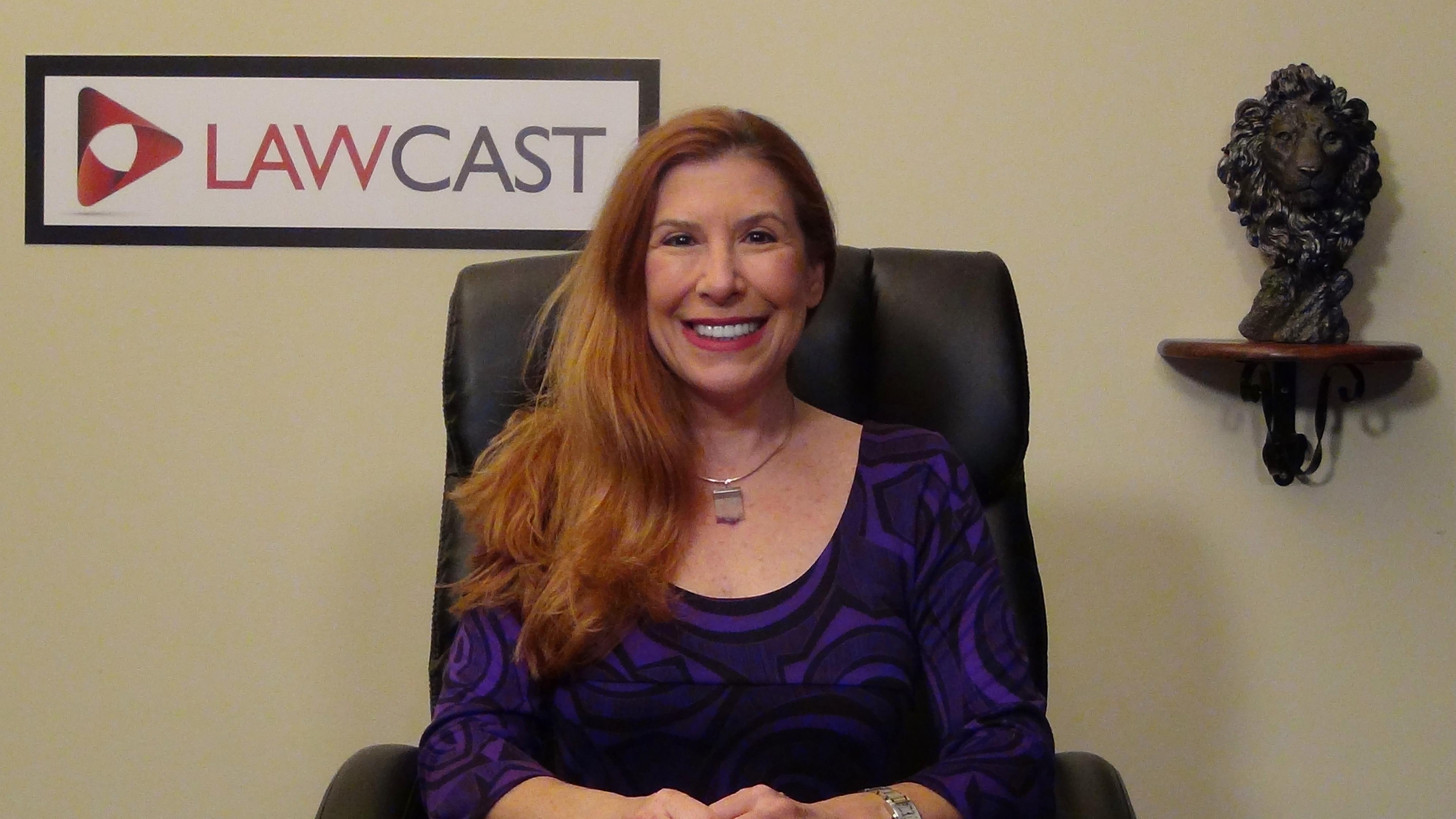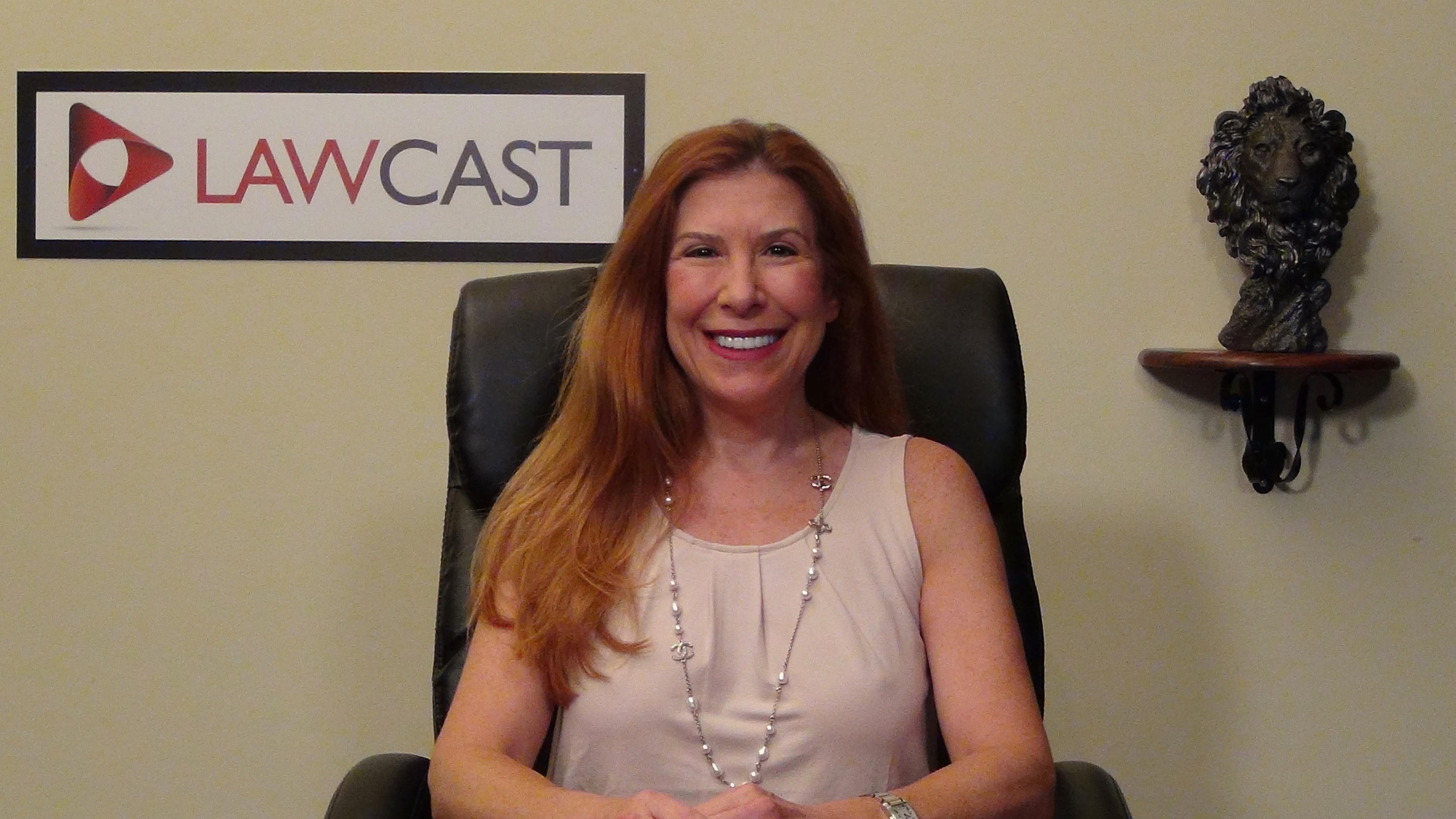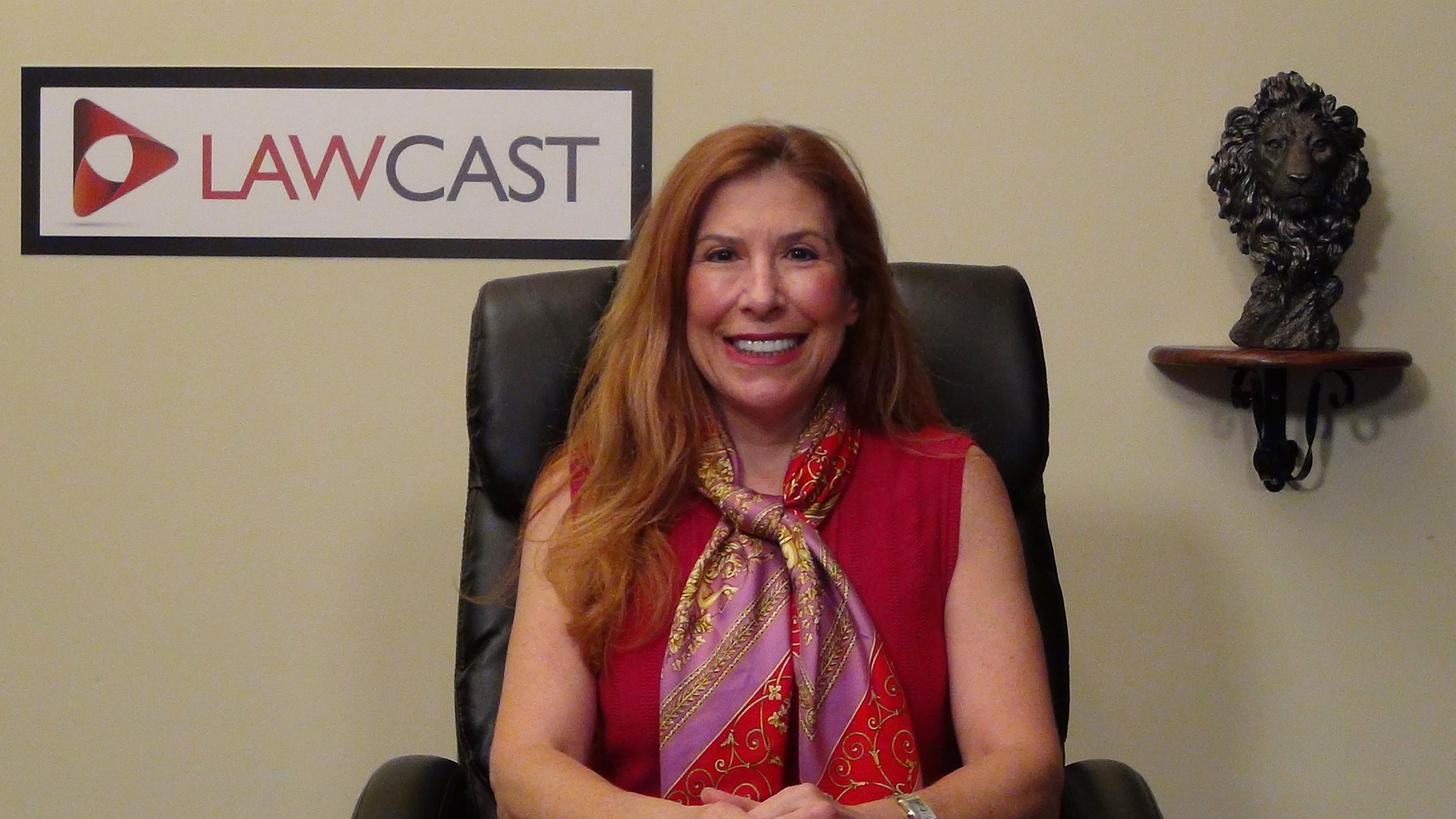Section 13 Exchange Act
Section 13 Exchange Act- Section 13 requires that any person that has acquired, either directly or indirectly, more than 5% of the beneficial ownership of a reporting company’s equity securities to file either a Schedule 13D or 13G within 10 days after the acquisition. The disclosure statement includes among other things, the identity of the beneficial owners, the amount of beneficial ownership, and plans or proposals regarding the issuer.
The term “beneficial owner” is defined to include “any person who, directly or indirectly, through any contract, arrangement, understanding, relationship or otherwise” has or shares voting or investment power with respect to a registered equity security.” Based on the definition, more than one person can be a beneficial owner of the same security and generally beneficial ownership by an entity includes beneficial ownership by such entities’ beneficial owners.
The obligations to file Scheduled 13D and 13G are in addition to and separate from any other filing requirements, including Forms 3, 4 and 5 under Section 16 of the Exchange Act.
A Schedule 13D is longer than a Schedule 13G and is used unless the reporting person is an arm’s length investor with no control over the company. Any person that acquires 5% or more of the securities of a company, or owns 5% of a company that becomes subject to the SEC reporting requirements, must file a 13D within 10 days of the triggering event requiring the filing, however, if the triggering event is an IPO, as opposed to an acquisition, the first 13D filing does not have to be filed until 45 days after the IPO – this is a one time delay in the filing time period requirement.
In addition to disclosing ownership as of the date of filing, the 13D requires disclosure of all transactions in the company’s stock that were effected during the past sixty days.
There are certain exemptions to the 13D filing requirement – which exemptions allow the filing of the shorter 13G. There are no exemptions that completely relieve the filing of a report to the SEC if a person beneficially acquires, directly or indirectly, either alone or in a group, 5% or greater of the beneficial ownership of a reporting company’s securities.
A schedule 13D requires disclosure of quite a bit of information regarding the reporting person including negative legal proceedings. It also requires disclosure of plans to acquire additional securities, takeover plans and material contracts with the Issuer. Moreover, the person must disclose the history of transactions including where the funds were obtained to buy the securities – such as through personal funds or a loan.







